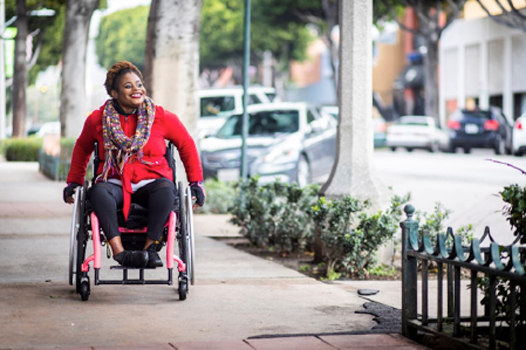Qualifying for Supplemental Security Income With Social Security
We pay monthly Supplemental Security Income (SSI) to people with disabilities who have low income and few resources, and people who are age 65 or older without disabilities who meet the financial limits.
 Income is money you receive, such as wages, Social Security benefits, and pensions. Income also includes things like food and shelter. The amount of income you can receive each month and still get SSI depends partly on where you live.
Income is money you receive, such as wages, Social Security benefits, and pensions. Income also includes things like food and shelter. The amount of income you can receive each month and still get SSI depends partly on where you live.
Resources are things you own, including real estate, bank accounts, cash, stocks, and bonds, which we count in deciding if you qualify for SSI. You may be able to get SSI if your resources are worth $2,000 or less. A couple may be able to get SSI if they have resources worth $3,000 or less. If you own property that you are trying to sell, you may be able to get SSI while trying to sell it.
We will not count economic impact payments, also known as coronavirus stimulus payments or CARES Act payments, as income for SSI. These payments will also not count as resources for 12 months. You can read more about qualifying for SSI at www.ssa.gov/pubs/EN-05-11000.pdf.
If you’re an adult with a disability intending to file for both SSI and Social Security Disability Insurance, you can apply online for both benefits at the same time if you:
- Are between the ages of 18 and 65;
- Have never been married;
- Aren’t blind,
- Are a U.S. citizen residing in one of the 50 states, District of Columbia, or the Northern Mariana Islands; and
- Haven’t applied for or received SSI benefits in the past.
We’re here for you. You can find more information at www.ssa.gov/benefits.


